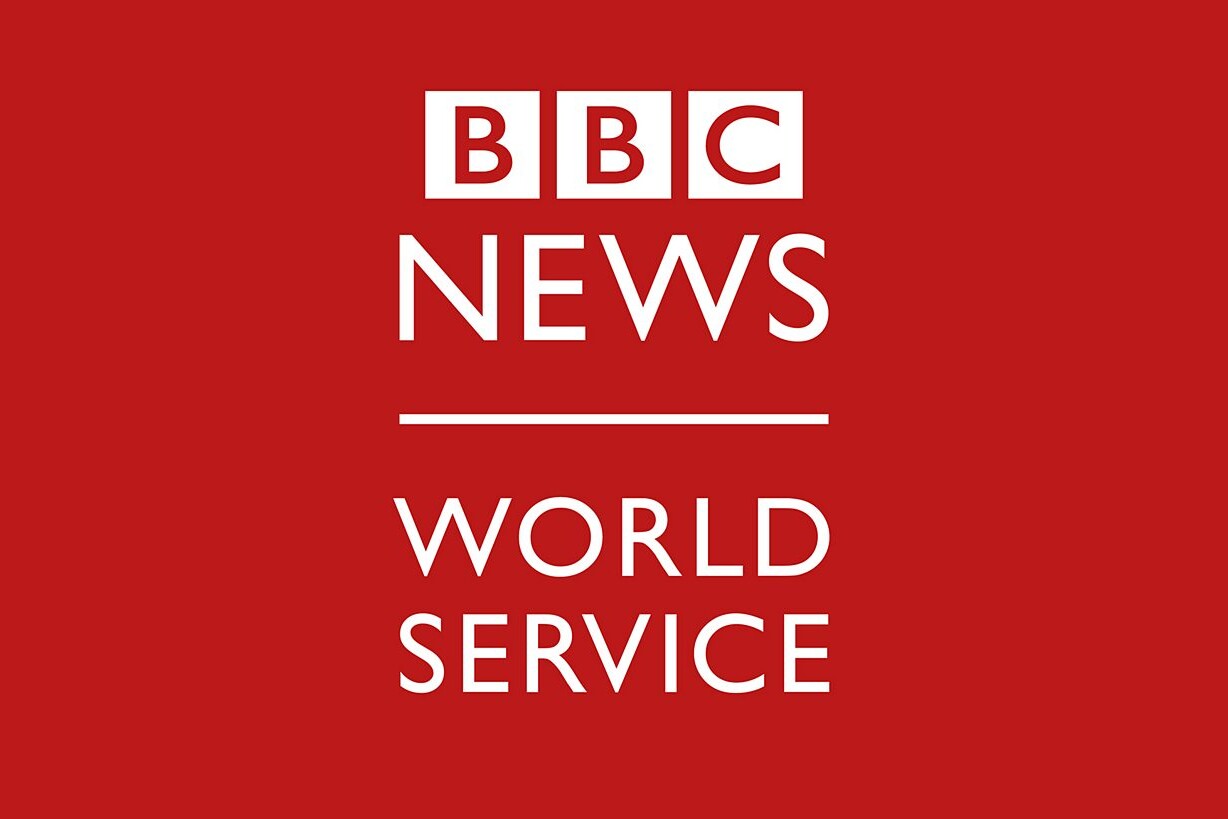ANALYSIS
The case for funding SWI SwissInfo
23rd January 2025
The Swiss broadcaster is under threat of having half of its funding cut. What’s the case for keeping it?

What happened?
Concerns have been raised from several sectors in Switzerland over a proposal to cut federal funding for international public service broadcasting.
The Federal Council has proposed a suite of austerity measures across a range of state services, including removing the federal contribution to SRG SSR’s international services, which is about 18.9 million francs.
Read more: SRG launches a company-wide transformation
This makes up about half the funding for Swiss international broadcasting, which includes the ten-language SWI swissinfo.ch, an Italian offering tvsvizzera.it, and participation in 3Sat in German and TV5 in French. While it’s only half, the braodcasters have been clear that the loss of federal funding would likely mean the end of the services altogether.
Reaction
In a New Year plea to readers, the director of SWI swissinfo.ch, Larissa Bieler, said it was facing important political decisions that could “jeopardise” the future of Swiss international broadcasting.
“A strong voice for Switzerland abroad strengthens the country’s economic position, communicates its policy of neutrality, and improves the perception of Swiss science and culture globally,” she wrote. “How did the Swiss government come to the conclusion that these services no longer deserve support?”
In the article Bieler also asked people to write in to say why they think Swissinfo would be needed in the future.
In a later article, SWI swissinfo.ch editor-in-chief, Mark Livingston, argued that with growing political instability internationally, plummeting levels of trust in traditional media, and the evolution of the wider media landscape, the role of outlets like swissinfo.ch is only becoming more vital.
“False or unbalanced information intended to deceive existed long before [US president Donald] Trump, of course. What is new is its sheer scale and the fact that such distortions are unfolding in front of a global audience,” he wrote.
“Functioning democracies … need functioning media. International media outlets like SWI swissinfo.ch can play a pivotal role and work to ensure that valuable information, rather than crude assertions, form the basis for personal, social, and political decisions worldwide.”
However, he said international mainstream media needed to work to rebuild trust, which could be done by proving their independence and rigour.
“We recognise that as an international media company from neutral Switzerland, we enjoy considerable credibility worldwide.”
SWI swissinfo.ch was founded in 1935, and today is used around the world with news and information in ten languages. Last year, the company said it reached around 40 million people.
The services are also aimed at the 800,000 Swiss who live abroad and the co-president of the SwissAbroad parliamentary group (OSA), Carlo Sommaruga, has previously spoken out against any cutback.
Listen toour podcast
Uncovering and exploring the biggest
issues facing public media
“A strong voice for Switzerland abroad strengthens the country’s economic position, communicates its policy of neutrality, and improves the perception of Swiss science and culture globally.” – Larissa Bieler, Director of SWI swissinfo.ch
Sommaruga said any initiative would be “a frontal attack on Switzerland’s public service and would jeopardize the access of the Swiss Abroad to neutral and high-quality daily information about Switzerland. To maintain the quality of reporting, OSA is calling on the Federal Council and Parliament to refrain from reducing the subsidies and fees.”
The Swiss screen sector also spoke of its concerns, saying the participation in 3Sat and TV5, in particular, offer greater viewership and millions of extra viewers for Swiss-made content, which provides significantly greater exposure for the country’s screen industry than a purely domestic market.
The vice president of the Swiss Society for Foreign Policy, Rudolf Wyder, wrote that any reduction to Swissinfo would also be detrimental to the country’s foreign policy.
“Switzerland’s external image is significantly shaped by the international offerings of the SRG,” Wyder wrote. “It makes a difference whether a Swiss public service medium explains Switzerland and in particular Swiss foreign policy in the major world languages or whether this is left to sympathetic and perhaps sometimes less sympathetic third parties.”
“As a voice from a neutral country, Swissinfo is something of a seismograph of the state of the world.”
Our View
The Public Media Alliance strongly opposes calls to defund Switzerland’s international public broadcasting. It would mean cutting an essential resource for Swiss citizens, both at home and abroad, in their ability to access trusted sources of relevant news, information and verification amid an ever complex and turbulent tide of global disinformation.
It is at times like this when SWI should be bolstered and protected, and to understand why it is important to look at justifications to increase funding elsewhere.
At the end of 2024, the BBC World Service received a significant funding increase after years of constraint and cuts. This was partially predicated on the fact that independent international public service media is being outgunned by larger and better-funded state-backed entities, such as RT, or CGTN. “Together they are spending an estimated £6-8 billion on expanding their global media activities – investing hard to grow their audiences in key markets in Africa, the Middle East, and Latin America,” BBC Director-General Tim Davie said in a speech last year. “To be clear – I welcome fair competition and this is not about imposing a UK point of view. It is about ensuring that free, fair independent journalism is flourishing.”
A similar argument has been used by ABC International in its efforts to secure more funding, not less. The Head of ABC International, Clare Gorman, told an inquiry that Chinese investment in the Pacific was destabilising the media: “There are those dynamics of the rise of autocracy, the undermining of democracy, threats to journalism, threats to independent media, threats to public interest media and the undermining of best-practice objective journalism.” Increased funding for ABC International was provided in July 2024 as part of the government’s Indo-Pacific Broadcasting Strategy.
In today’s climate – when authoritarian states are investing heavily in the global media market and disrupting independent journalism, and when Big Tech is disincentivising factchecking or creating a hostile and financially-precarious environment for local news media – the case for governments to invest in independent international public media has never been stronger. Funding should be stepped up, not decimated.
Viable funding is also an indicator of what Switzerland represents. Funding public media that is impartial, editorially independent, and insulated from political interference reflects well on a country and its democracy.
And lastly, there is also a responsibility the Swiss government has to its citizens, with SWI SwissInfo.ch providing an invaluable service to the Swiss who live abroad. It offers them a connection to home, while providing a trusted service that may not have an equivalent in their current location.
Related Posts
23rd October 2024
SRG offerings have no negative impact on the use of private media
A report on media quality revealed that…


